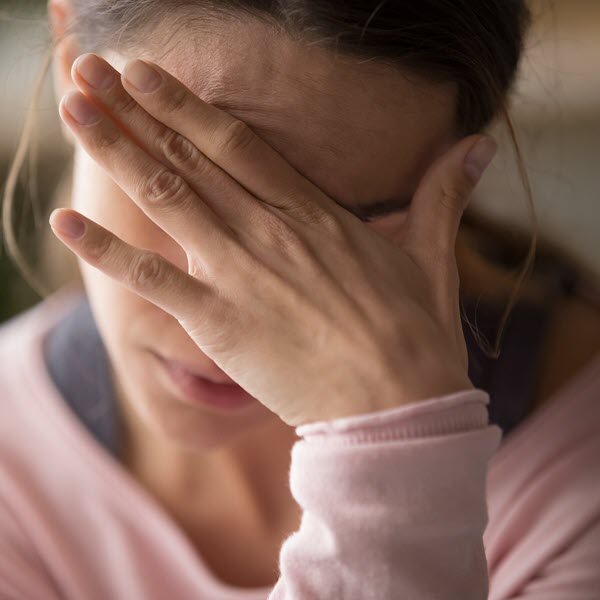The Safety Profile of Using CBD for Anxiety
Anxiety disorders are a prevalent mental health condition that can greatly impact one's quality of life. Many individuals seek alternative treatment options to manage their anxiety, and one such option gaining popularity is the use of CBD (cannabidiol).
CBD is a compound derived from the Cannabis sativa plant, known for its potential therapeutic effects. However, before delving into the safety profile of using CBD for anxiety, it is important to understand the key factors at play, including CBD itself, anxiety, safety profile, and potential side effects.
CBD and Anxiety
Studies have shown that CBD may have anxiolytic properties, meaning it could help reduce anxiety symptoms. It is believed to interact with receptors in the brain that regulate mood and stress responses, potentially promoting a sense of calmness and relaxation.
However, it is essential to note that while CBD shows promise as a potential treatment option for anxiety, it is not a definitive cure. Anxiety is a complex condition with varying underlying causes, and individual responses to CBD may differ. It is always advisable to consult with a healthcare professional before incorporating CBD into your anxiety management plan.
The Safety Profile of CBD
When considering the safety of CBD, it is crucial to understand that extensive research is still ongoing. Overall, CBD is generally considered safe and well-tolerated by most individuals. It has a favorable safety profile compared to THC (tetrahydrocannabinol), the psychoactive component found in marijuana.
It is important to note that CBD products are not regulated by the Food and Drug Administration (FDA) to the same extent as pharmaceutical drugs. Therefore, ensuring the quality and purity of CBD products is vital. Always opt for reputable brands that provide third-party lab testing to verify the contents and potency of their products.
Potential Side Effects
While CBD is generally well-tolerated, it can still cause side effects in some individuals. These side effects may include:
- Dry mouth
- Drowsiness
- Changes in appetite
- Diarrhea
- Changes in mood
It's important to start with a low dosage of CBD and gradually increase it to minimize the risk of adverse effects. Additionally, it is advisable to discuss any potential drug interactions with a healthcare professional, as CBD may interact with certain medications.
Research and Evidence
The research on CBD and anxiety is still in its early stages, but there is a growing body of evidence suggesting its potential benefits. However, it is important to interpret these findings with caution, as many studies have small sample sizes and may lack generalizability.
Current research related to the use of CBD for anxiety includes:
- A 2019 study published in The Permanente Journal showed that CBD significantly reduced anxiety scores in a group of individuals with sleep and anxiety disorders.
- A 2015 review published in Neurotherapeutics suggested that CBD has the potential to treat various anxiety disorders, such as generalized anxiety disorder (GAD), social anxiety disorder (SAD), and post-traumatic stress disorder (PTSD).
- A 2011 study published in the Journal of Psychopharmacology found that CBD was effective in reducing anxiety symptoms in individuals with social anxiety disorder.
While these studies provide preliminary evidence, further research with larger sample sizes and rigorous methodologies is needed to determine the true efficacy and safety of CBD for anxiety.
Considering the Tradeoffs
When exploring the use of CBD for anxiety, it is crucial to consider the tradeoffs involved. While CBD may offer potential benefits in managing anxiety symptoms, it is not a substitute for professional medical care. It is important to work closely with healthcare professionals to develop a comprehensive treatment plan that addresses the underlying causes of anxiety.
Moreover, it is vital to understand that CBD affects individuals differently. What works for one person may not have the same effect on another. Personalized experimentation and observation are often necessary to determine the optimal CBD dosage and form for anxiety management.
Conclusion
In conclusion, CBD shows potential as a treatment option for anxiety, but more research is needed to fully understand its efficacy and safety. The safety profile of CBD is generally favorable, but individuals should be aware of potential side effects and the importance of product quality regulation.
When considering using CBD for anxiety, it is crucial to consult with healthcare professionals and be actively involved in finding the right approach for your specific needs. By considering the tradeoffs and challenges associated with different treatment options, individuals can make informed decisions about managing their anxiety effectively and safely.
